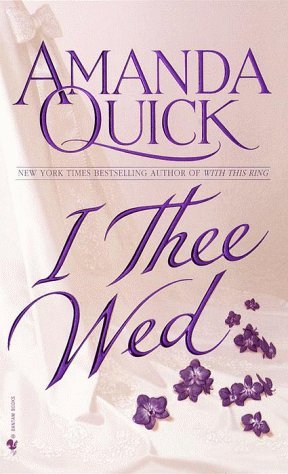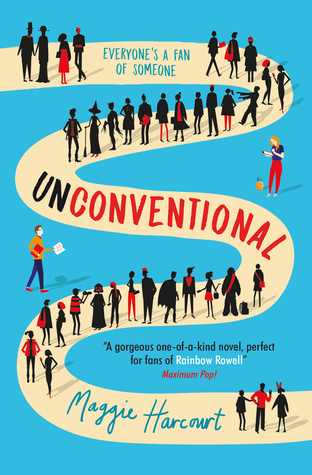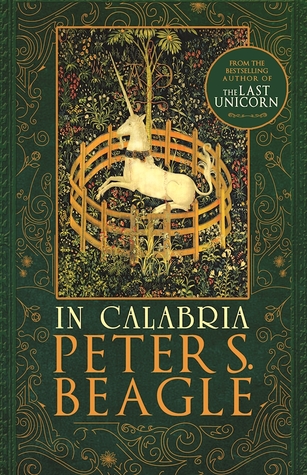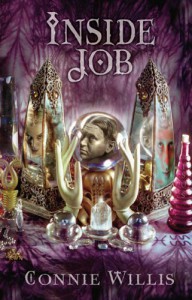They met in a wardrobe

A wonderful example of the author’s historical romantic suspense novel. The heroine Emma is a paid companion. One of the demands of her job is being meek. Unfortunately Emma’s strong will, innate sense of justice, and sharp tongue make it hard for her to perform her duties.
The hero Edison is a filthy-rich businessman, a bastard son of a nobleman. He is a self-made man, proud and loyal to his friends, an alpha-male in the best sense of the word.
The story is set in England during a vaguely historical period. It happened some time in the 19th century, but not one detail betrays any precise era. It could be Regency. It could be Victorian or Georgian. Many of this author’s books boast the same vague timing, and I like it about them. Her books are not really historicals, so the exact timing doesn’t matter.
What matters is the plot and the suspense. Edison is after a mysterious book of alchemical secrets. He doesn’t believe in its supposed mystical powers, but he is trying to locate it anyway because his old, dying mentor asked him to. Endless complications arise in his way. During one of them, he hides in a wardrobe, and there he encounters Emma, who is also hiding there, embroiled in an adventure of her own.
Characters bonding while hiding in a wardrobe is an old literary trope, harking back centuries. After they both safely escape the wardrobe, Edison hires Emma to pose as his fiancée, to distract the society’s attention from his search and help him with his inquiries. Of course, they fall in love. There are also several murders in this story, a mysterious assassin, a naughty widow, and a sufficiently clever villain. Several subplots intertwine in unexpected ways, making it hard for Edison and Emma to unravel the convoluted knots of menace, but of course, they persevere and in the end win on all counts.
Overall: an engrossing and thoroughly satisfying historical romance.
Note to librarians: I couldn't find this book in the database (only the audio version seems to be there) and I don't feel qualified to add it as I don't know its ISBN code or ASIN code or any of this book's other important parameters. I only know I like it.
 1
1

 2
2


 Many reviews compare this book to Rainbow Rowell. There are similarities, yes, but personally, I like Rowell much, much better. This book just didn’t do it for me, didn’t hit that elusive note that makes readers open their eyes wide, say “Ahh!” and smile.
Many reviews compare this book to Rainbow Rowell. There are similarities, yes, but personally, I like Rowell much, much better. This book just didn’t do it for me, didn’t hit that elusive note that makes readers open their eyes wide, say “Ahh!” and smile.
 Note to librarians: Unfortunately, this book is not in the BL database, so I can't put it on my shelf. I'm using the cover from GR.
Note to librarians: Unfortunately, this book is not in the BL database, so I can't put it on my shelf. I'm using the cover from GR.



 Not a bad book, but to call it a romance is a misnomer. The romance itself starts about half-way into the book. Before that, it is a light, slightly humorous historical. The hero, Cal, serves the British government as something of a spy. Napoleon is finally dead, but Europe still seethes with instability. New countries appear, borders shift, dime-sized kingdoms collapse. In such a volatile atmosphere, a smart patriotic man and a former officer could do a lot to promote British interests.
Not a bad book, but to call it a romance is a misnomer. The romance itself starts about half-way into the book. Before that, it is a light, slightly humorous historical. The hero, Cal, serves the British government as something of a spy. Napoleon is finally dead, but Europe still seethes with instability. New countries appear, borders shift, dime-sized kingdoms collapse. In such a volatile atmosphere, a smart patriotic man and a former officer could do a lot to promote British interests.











